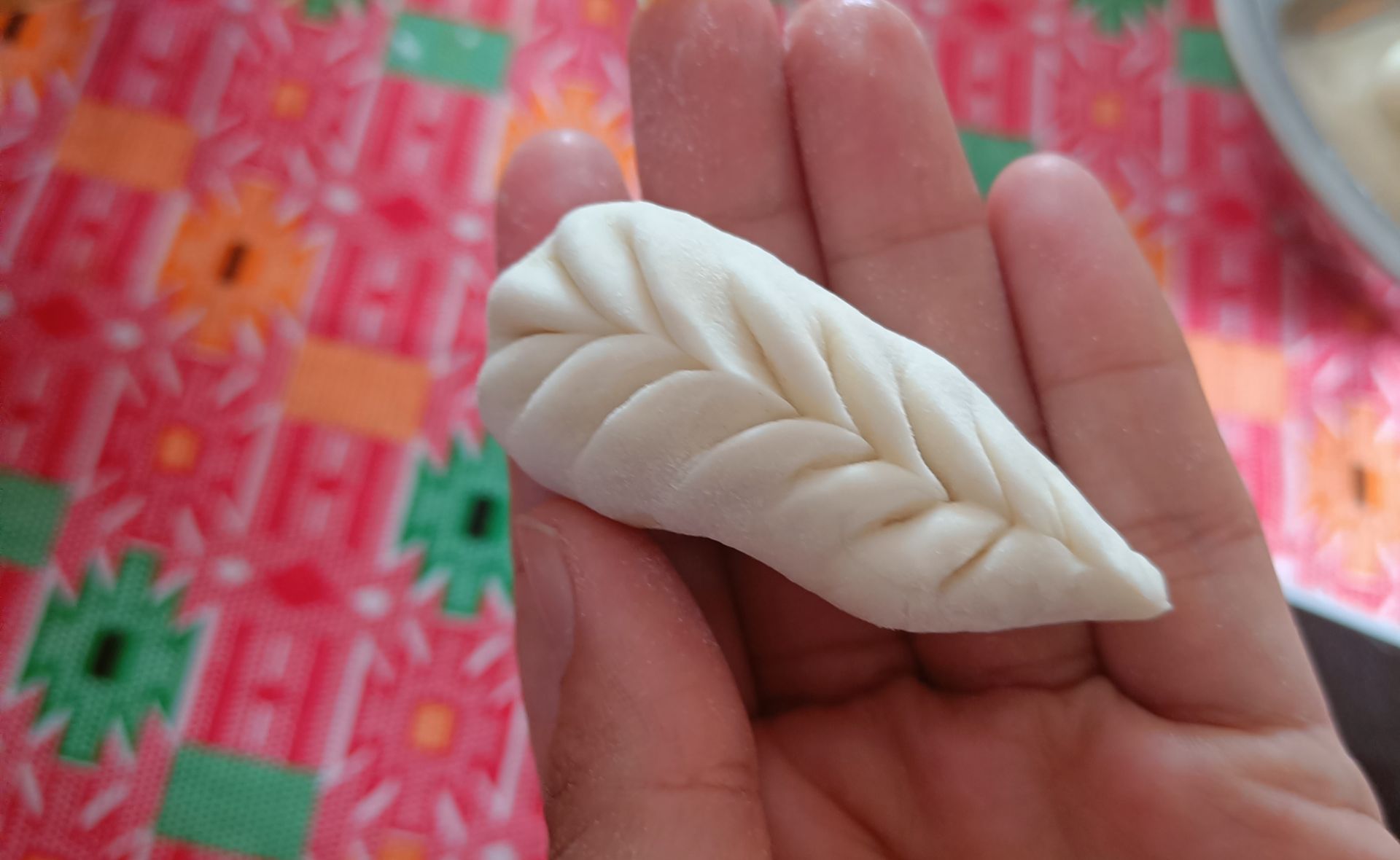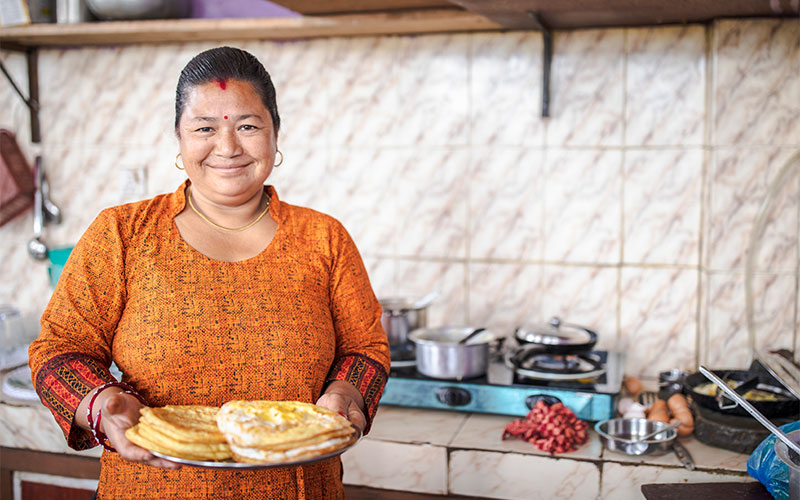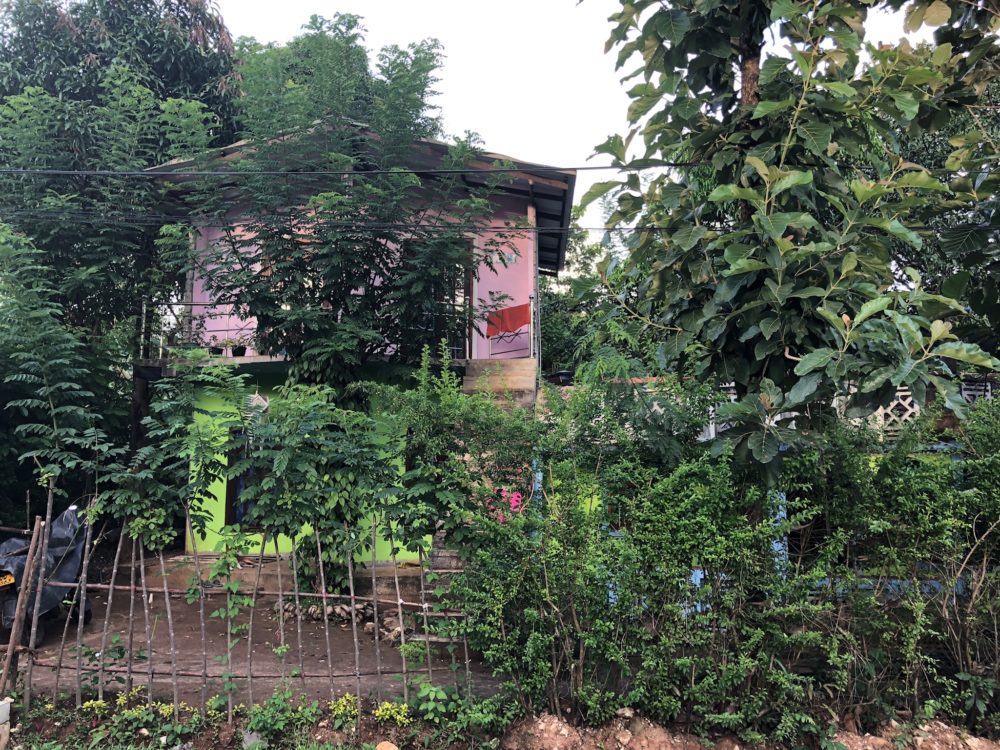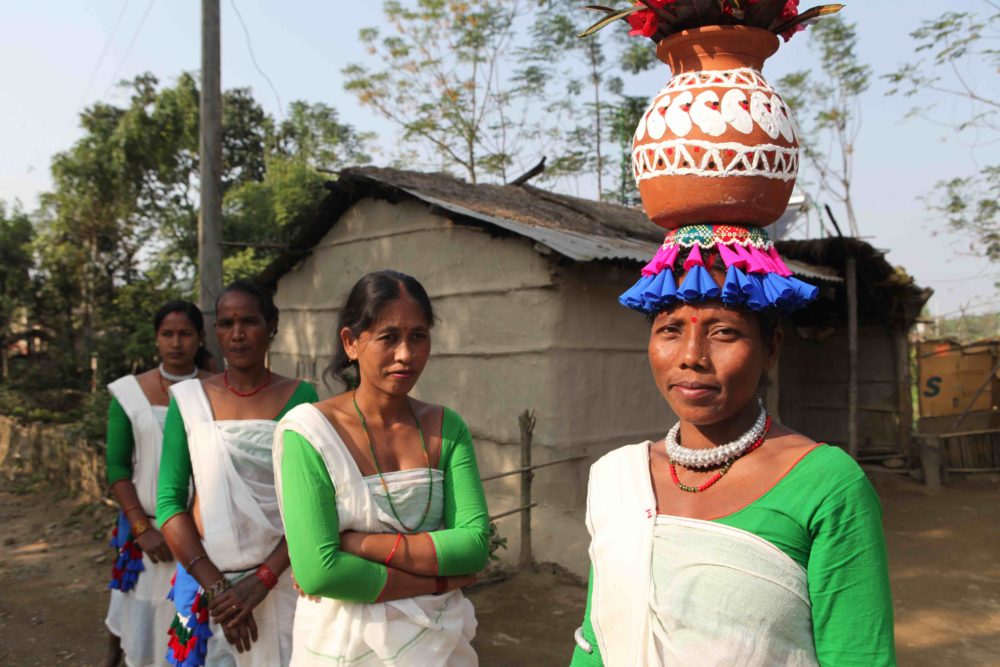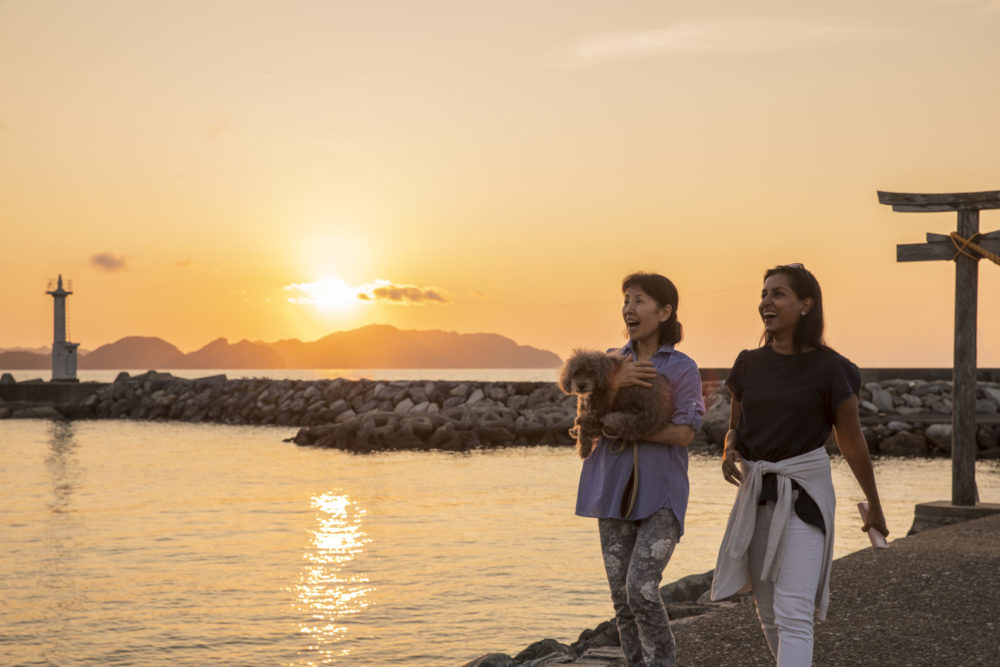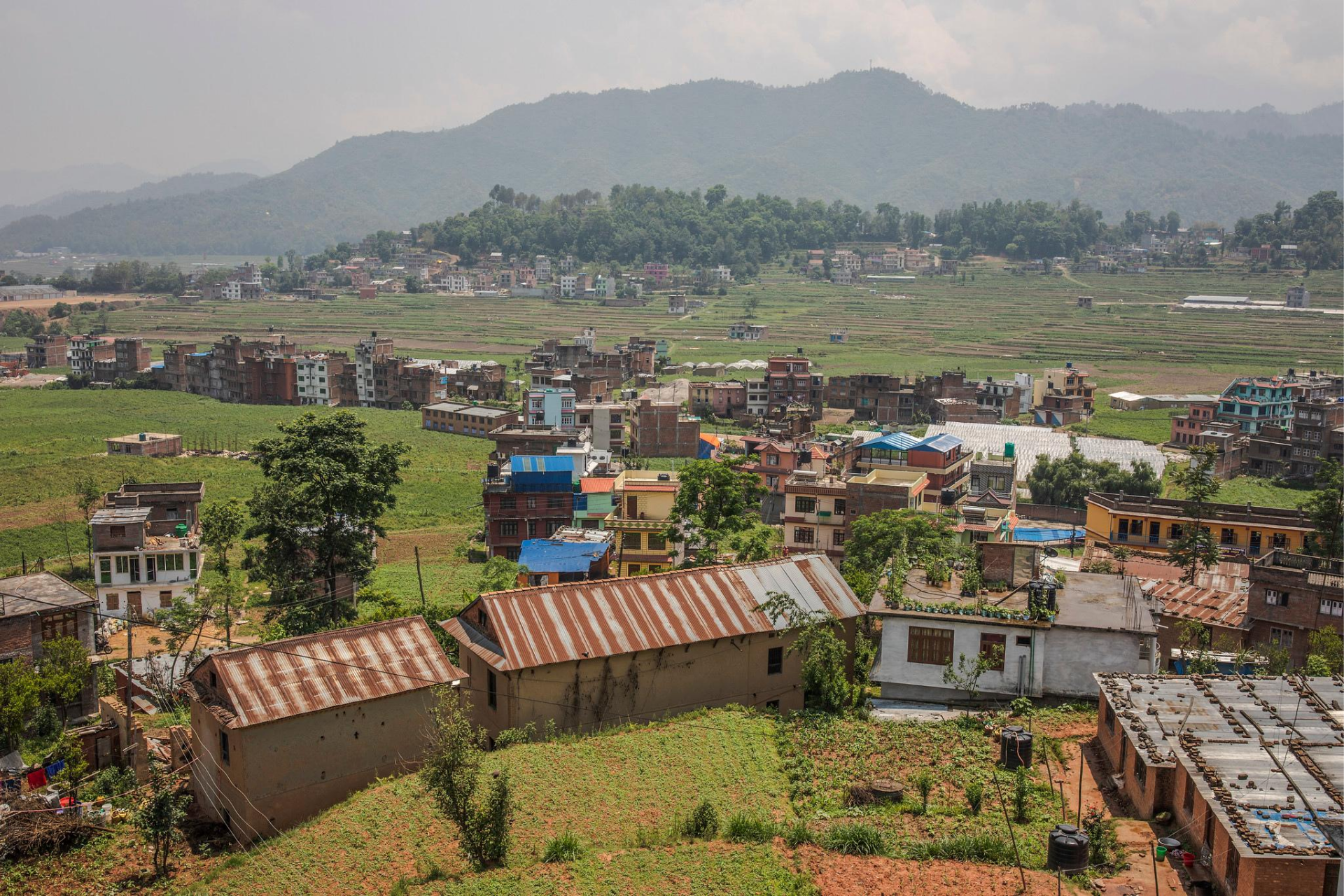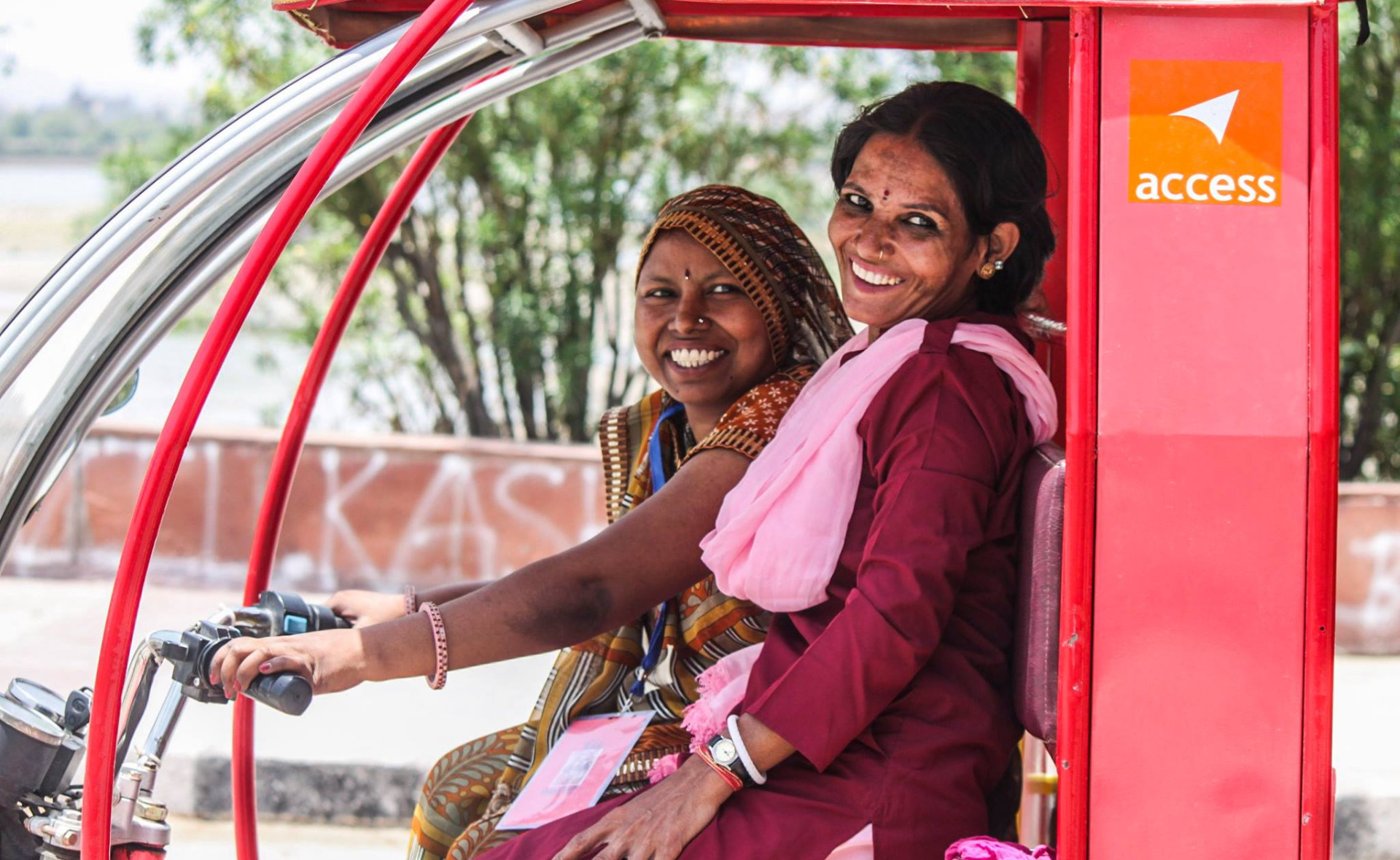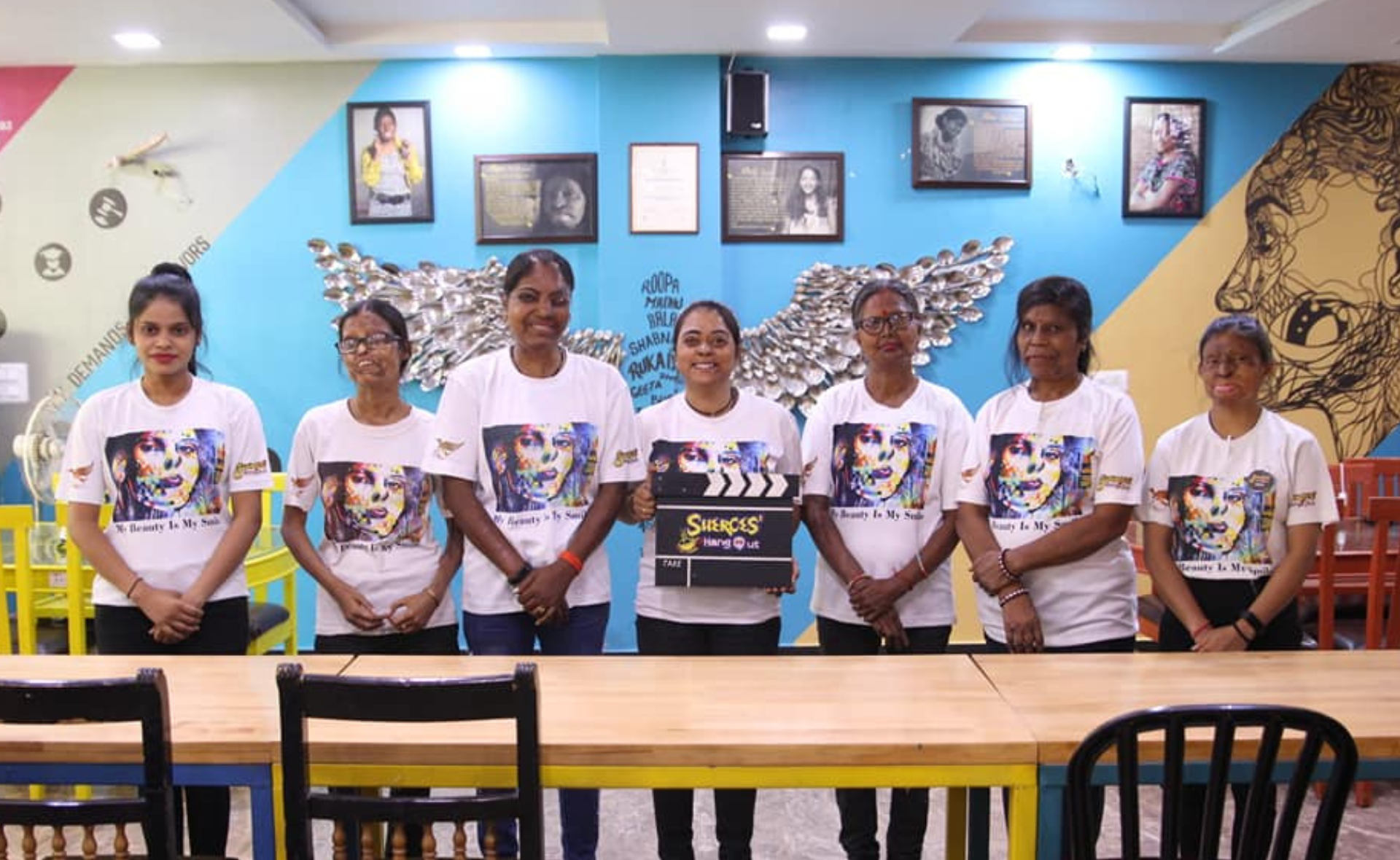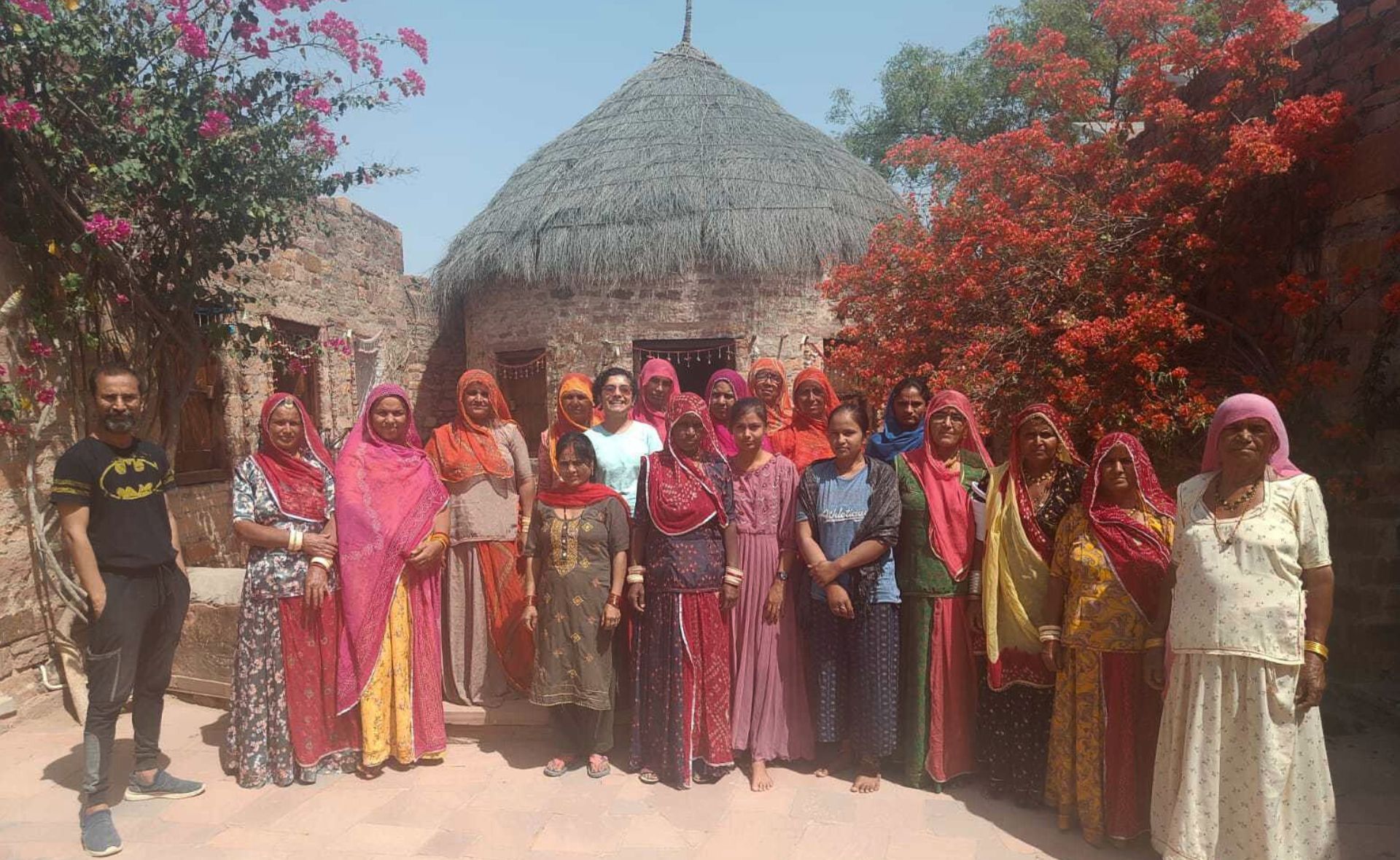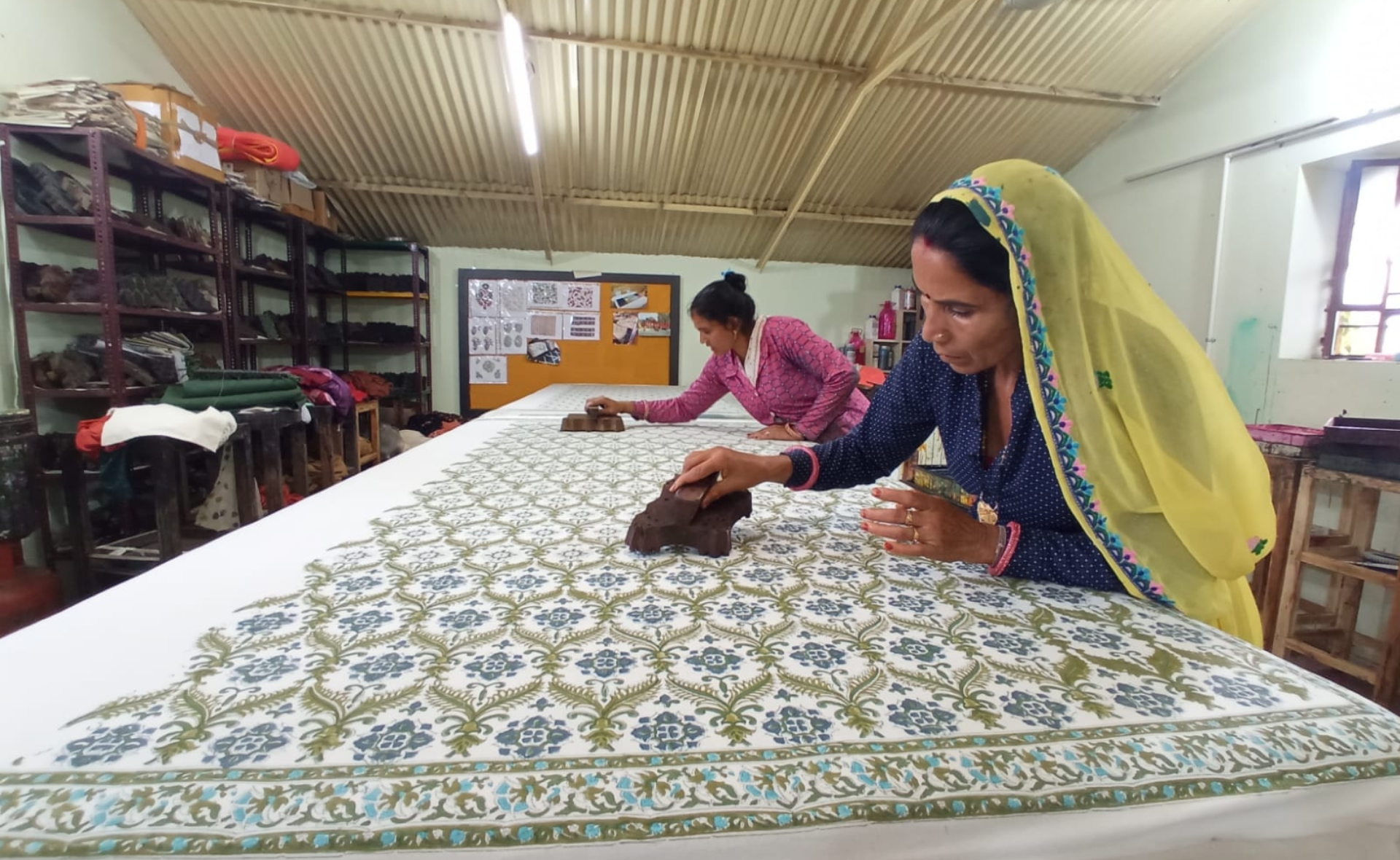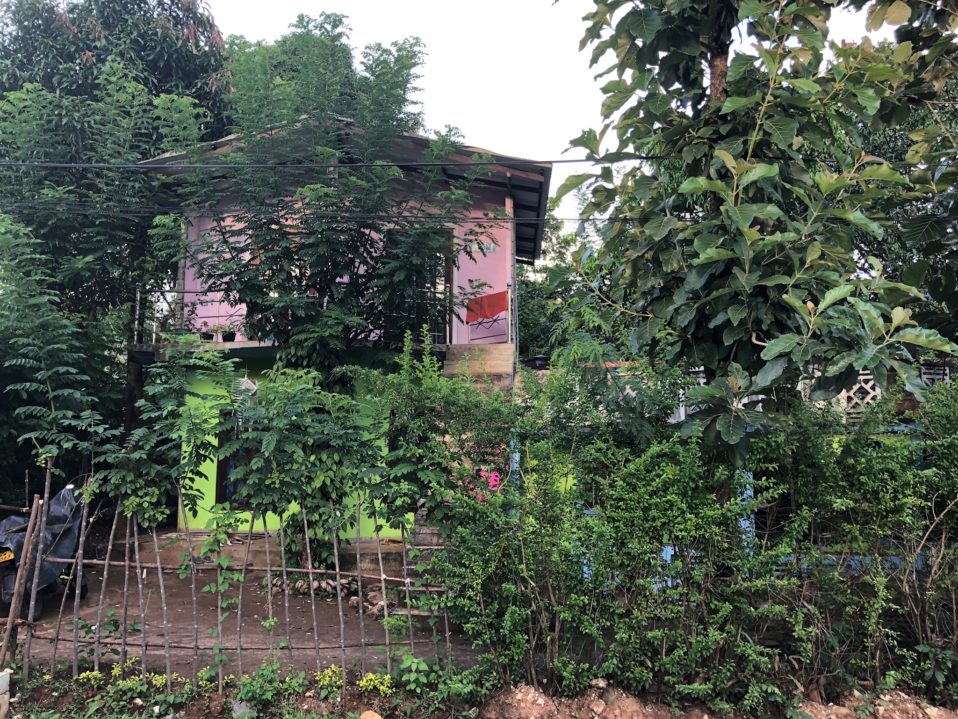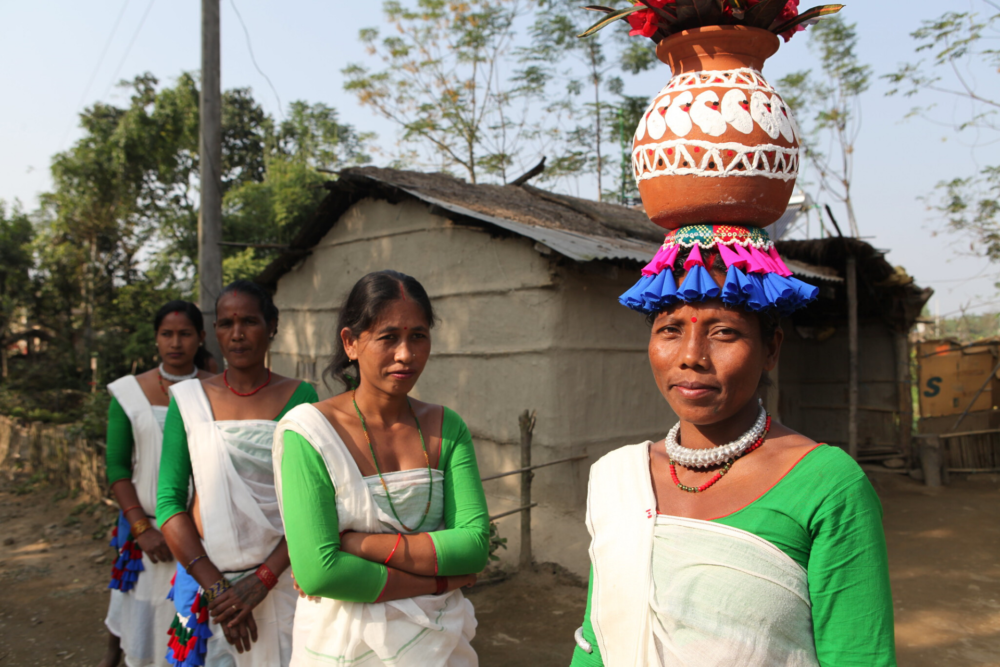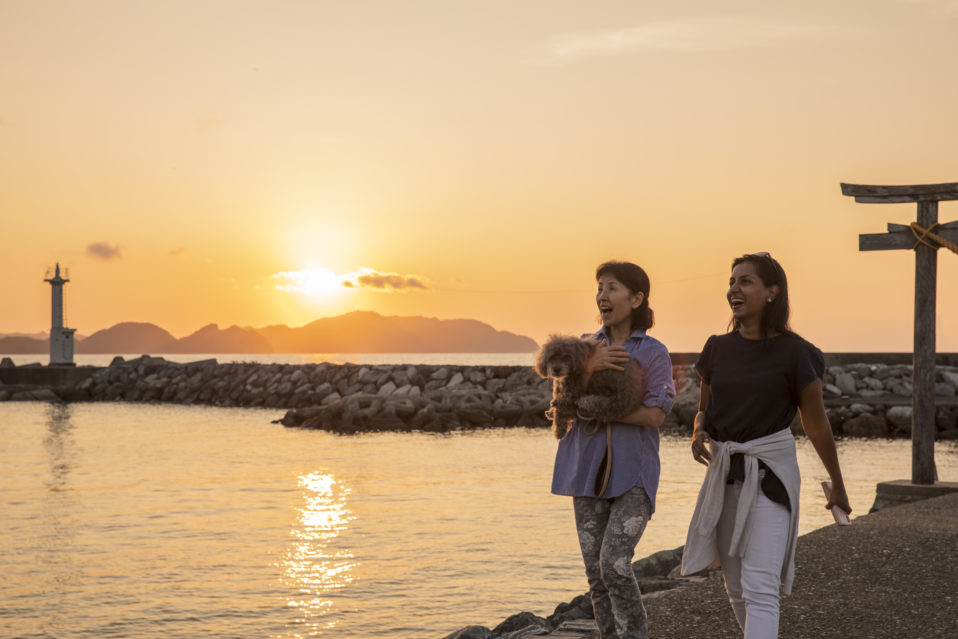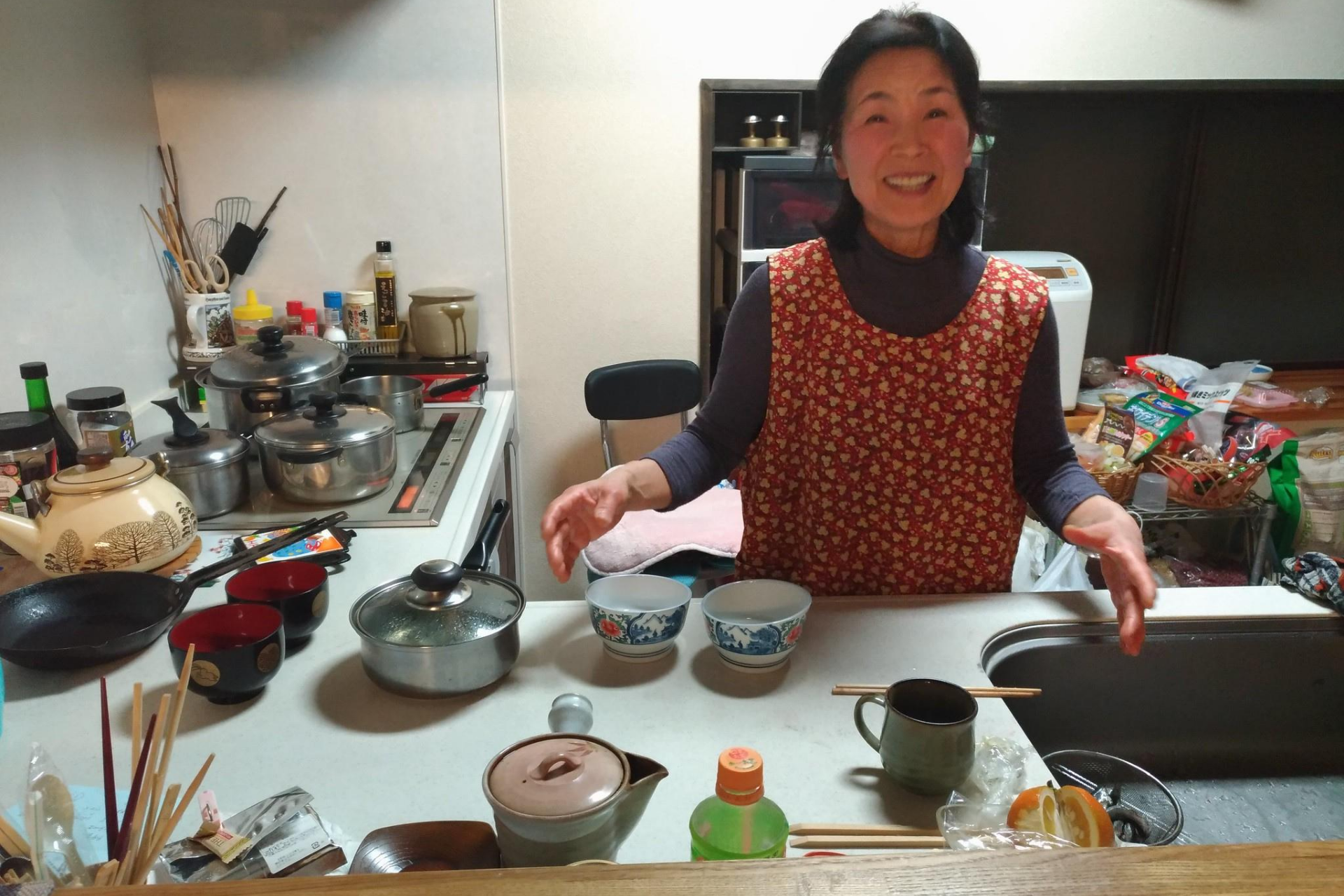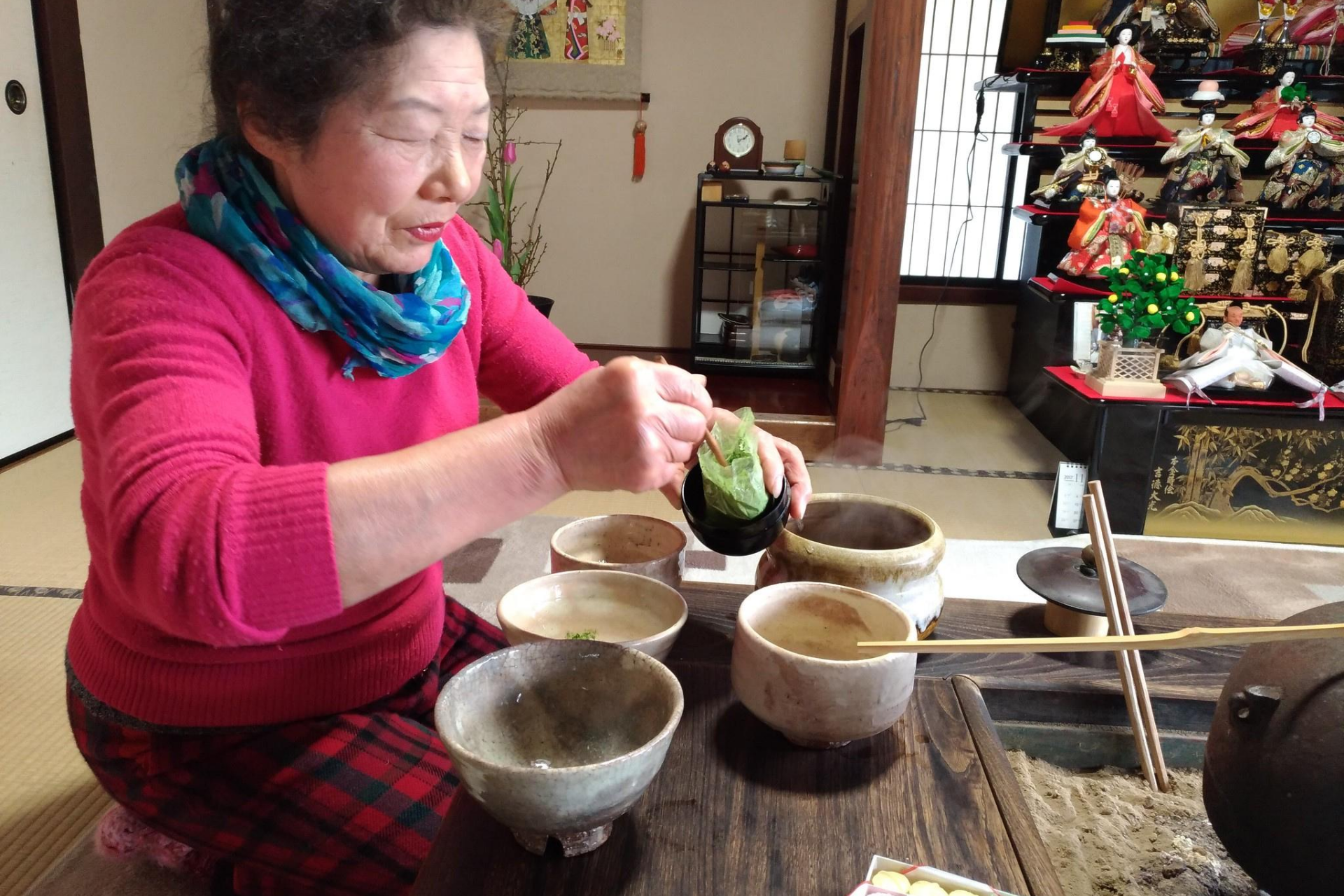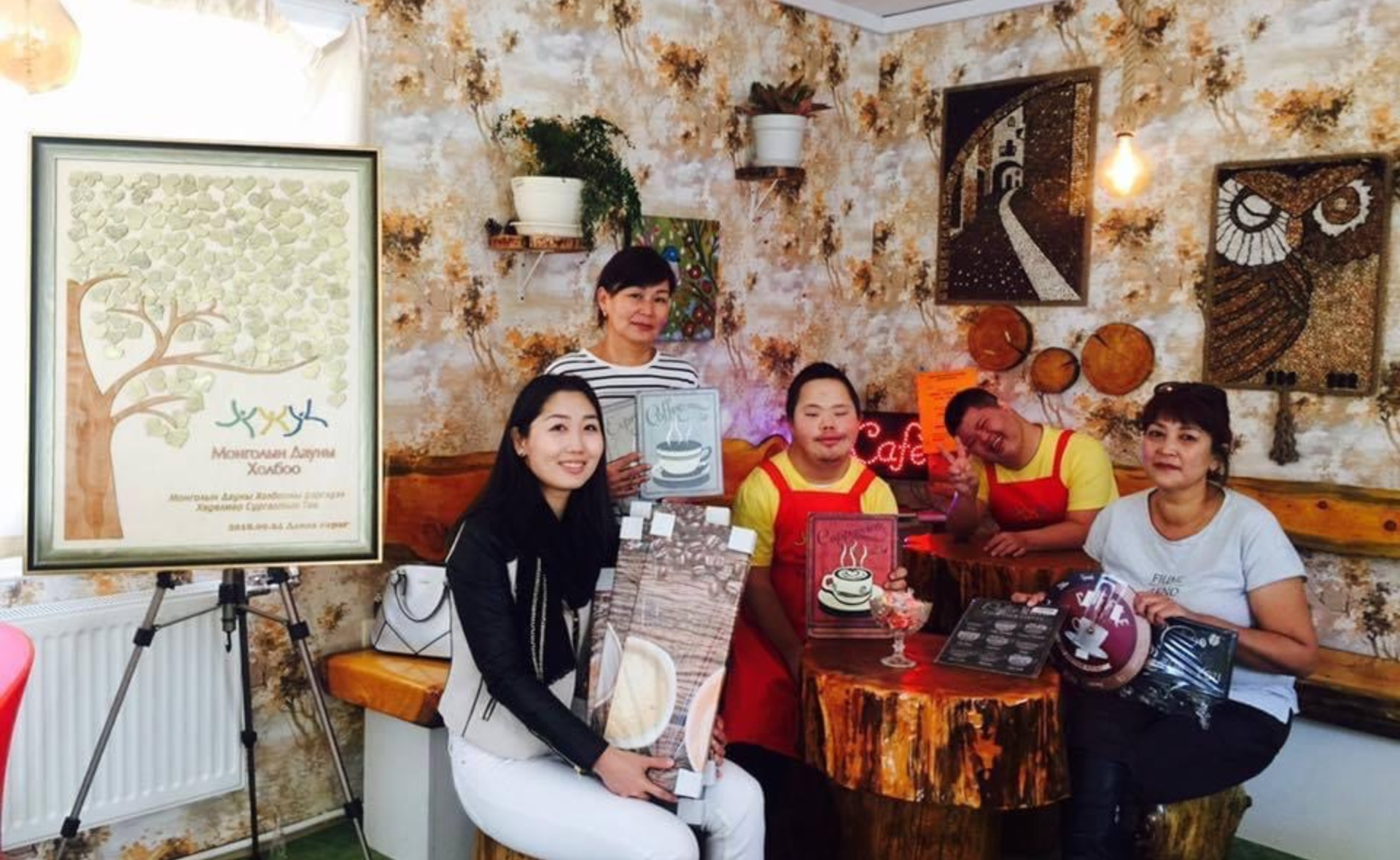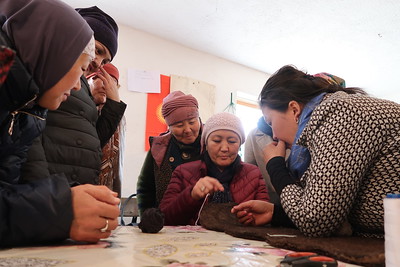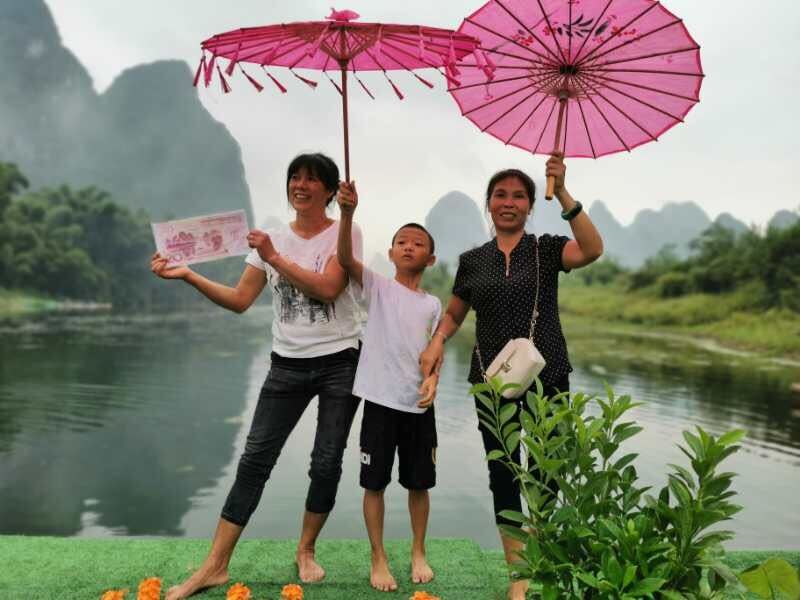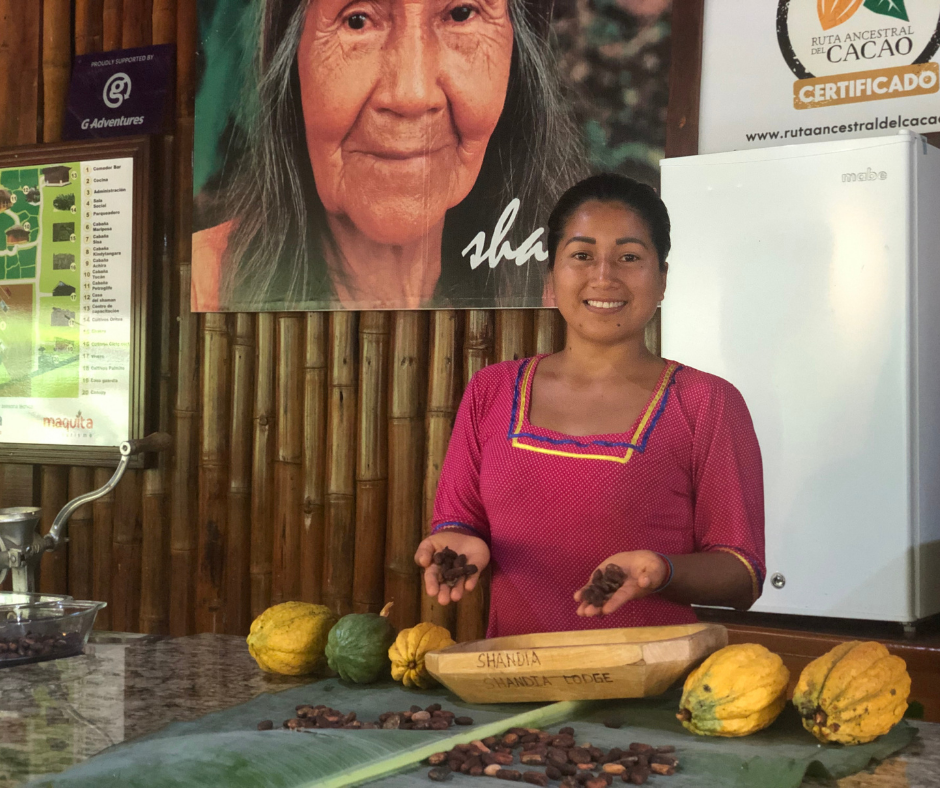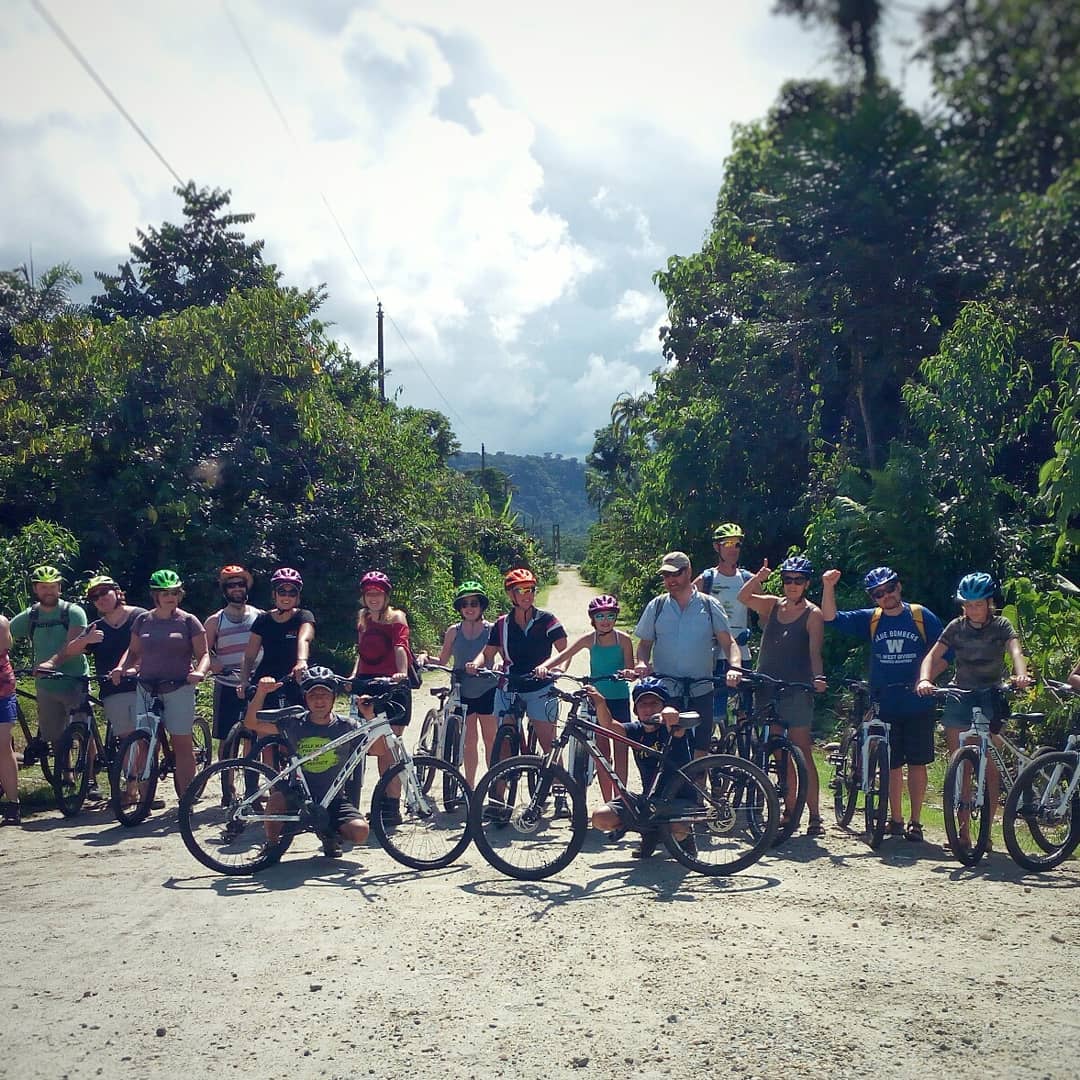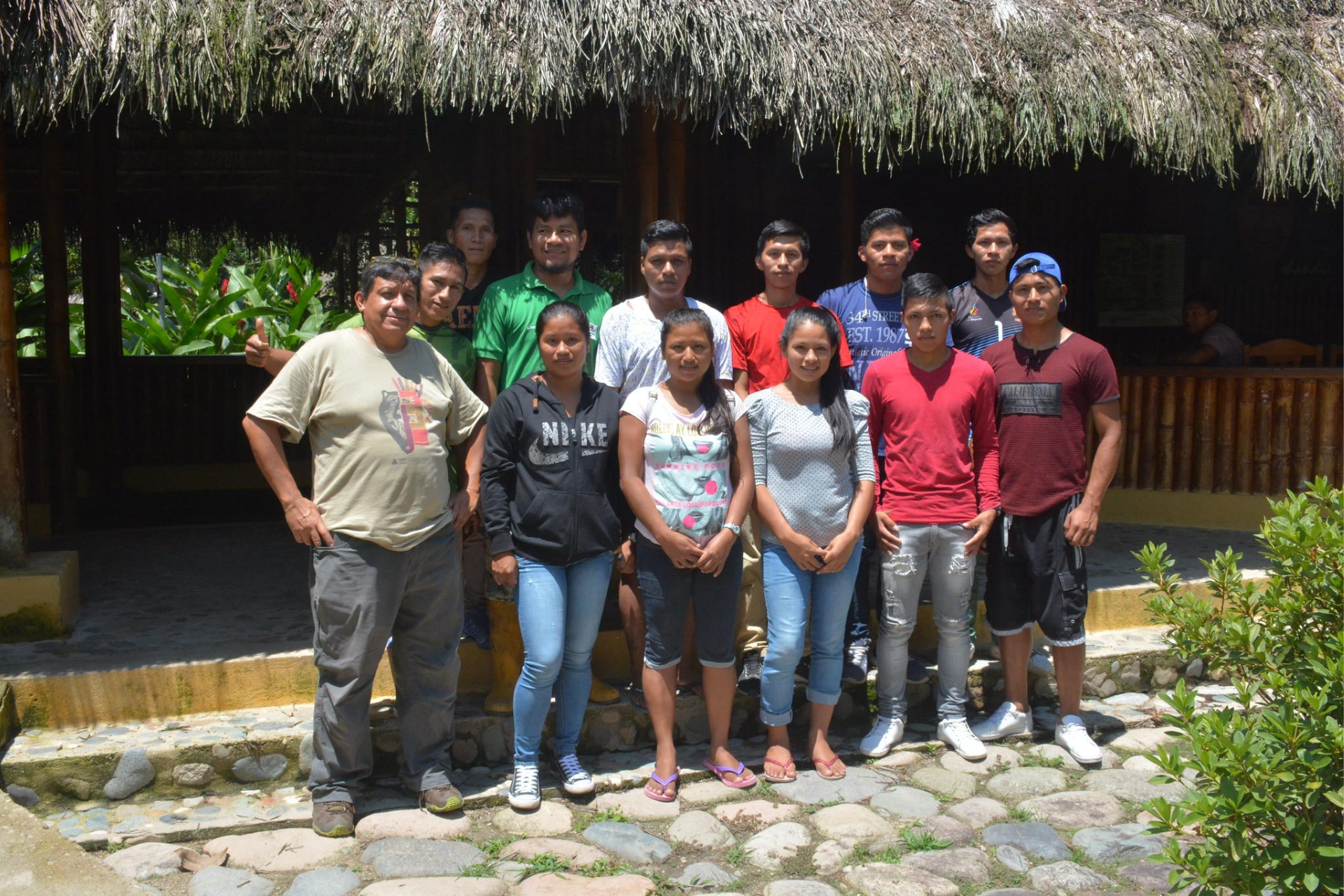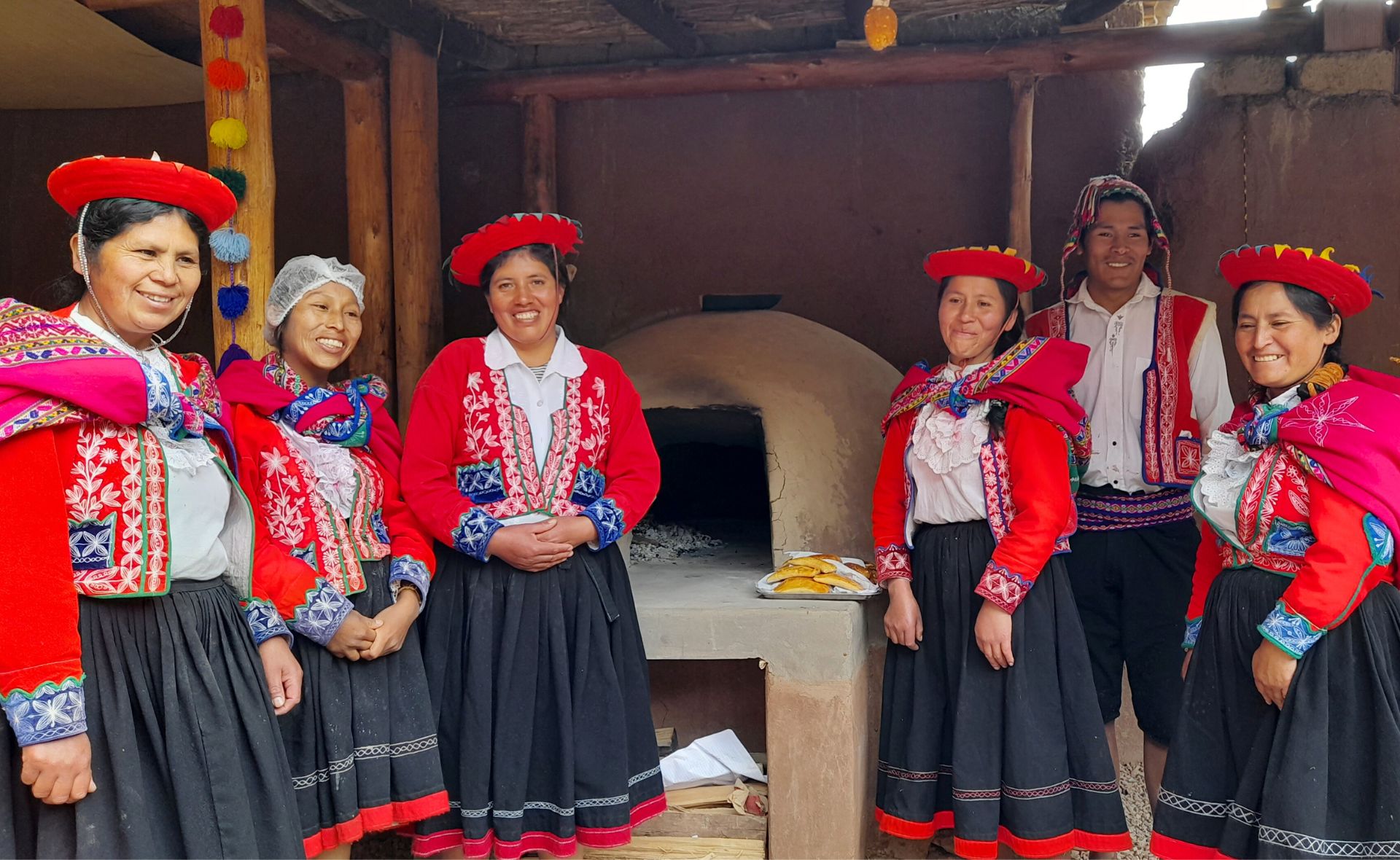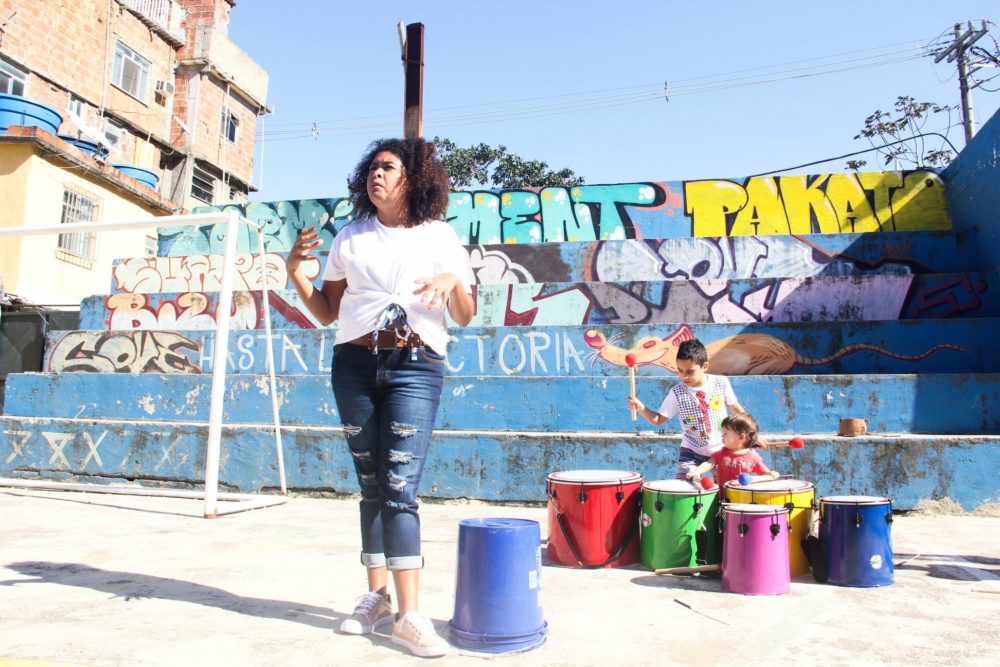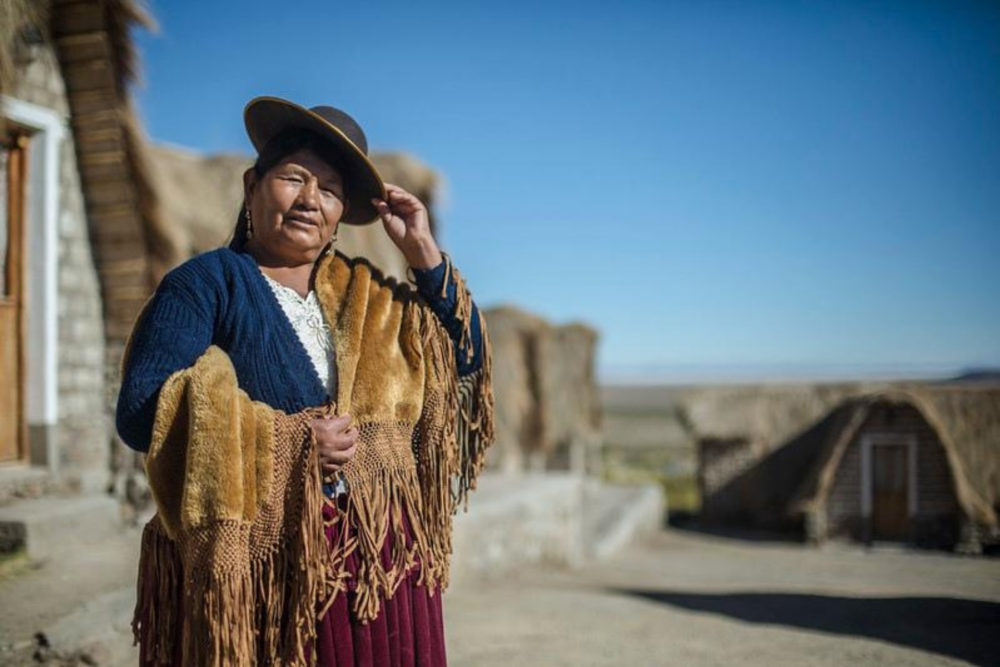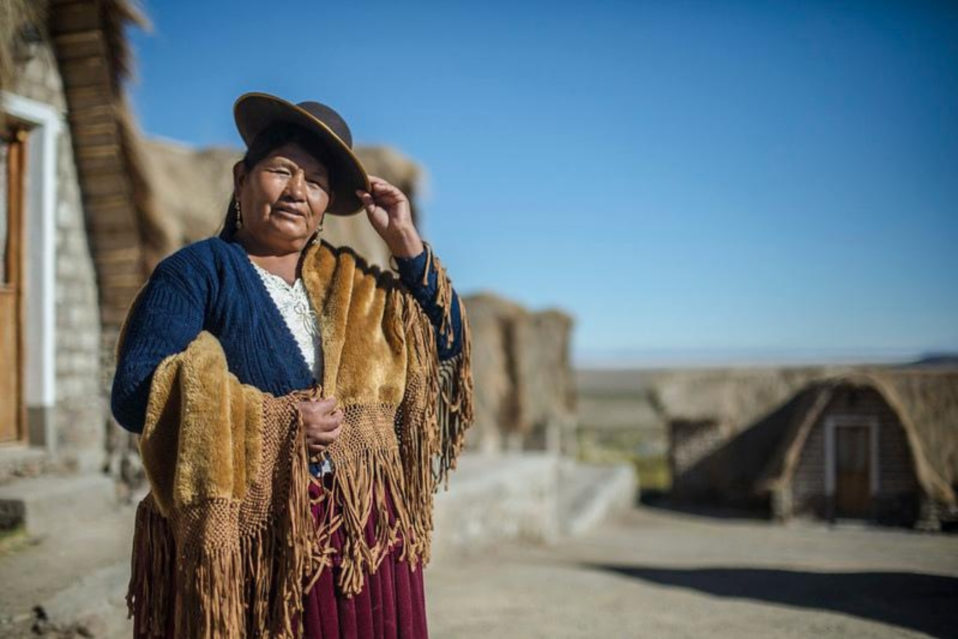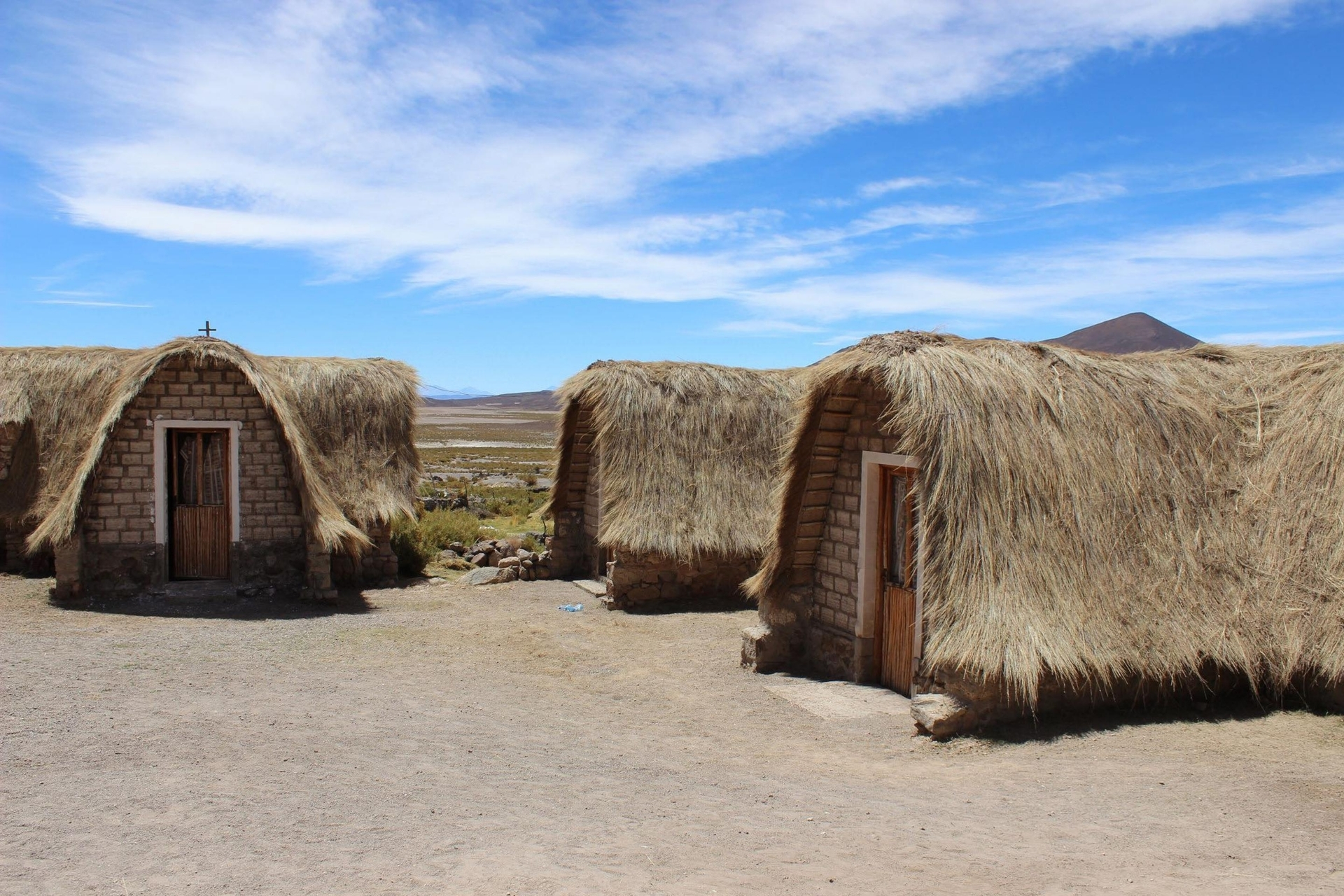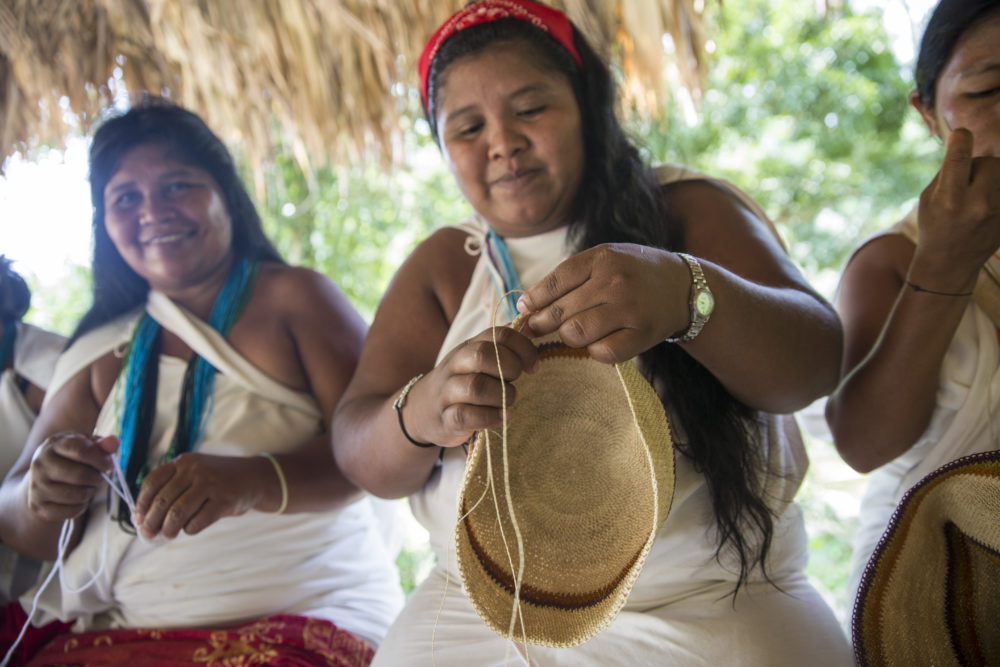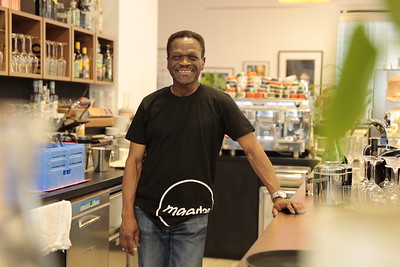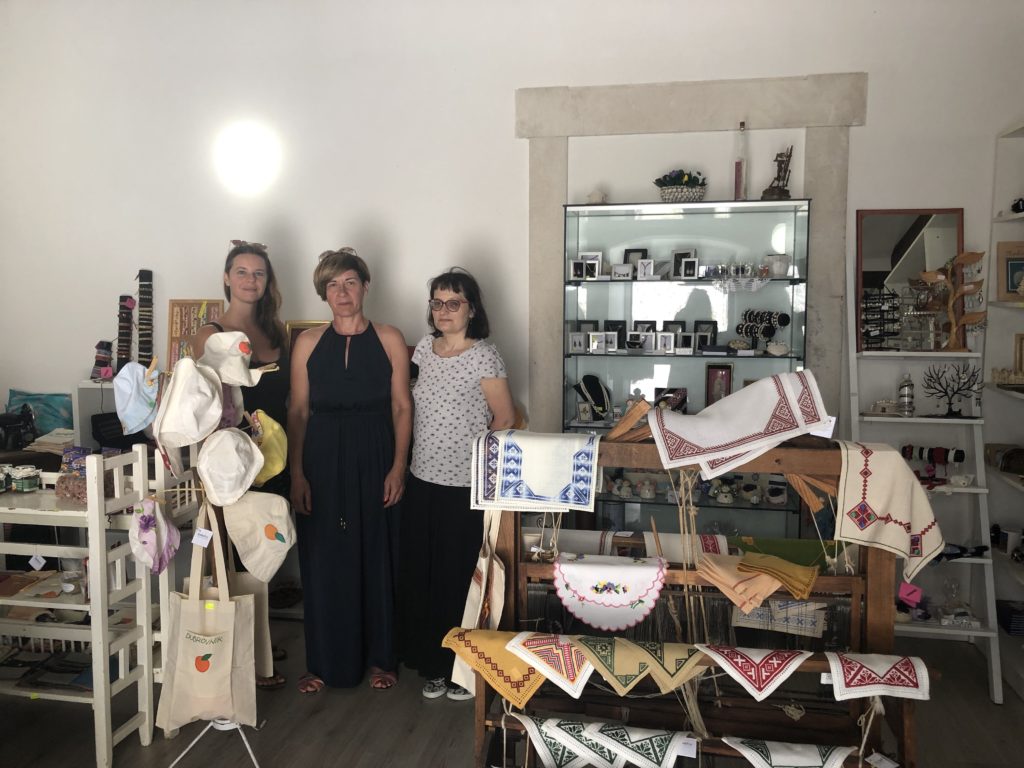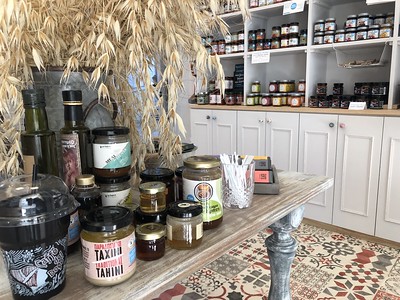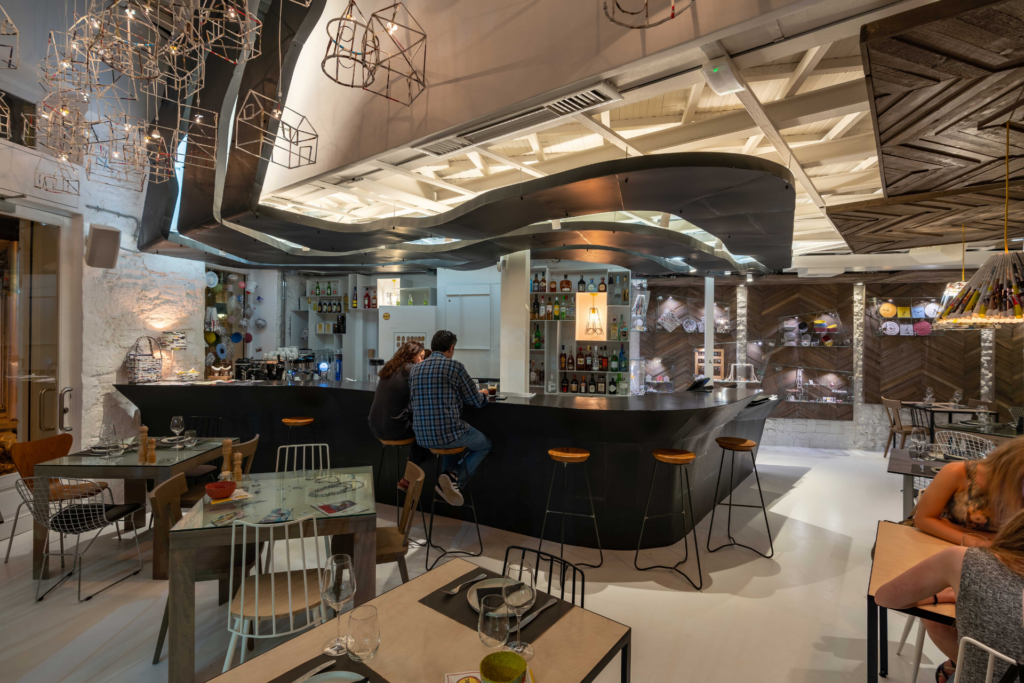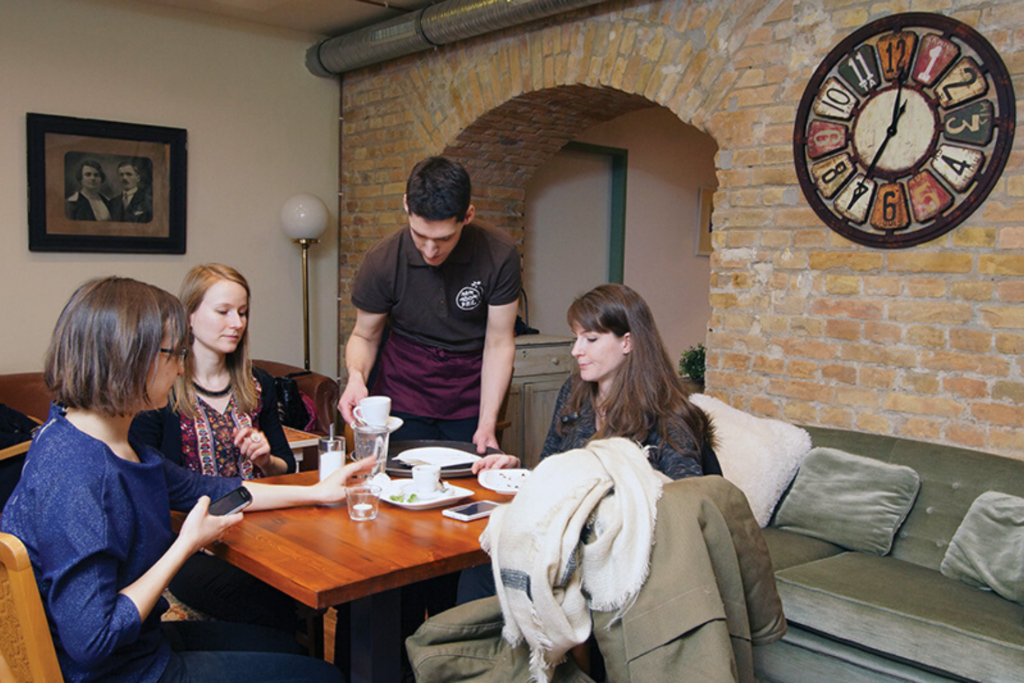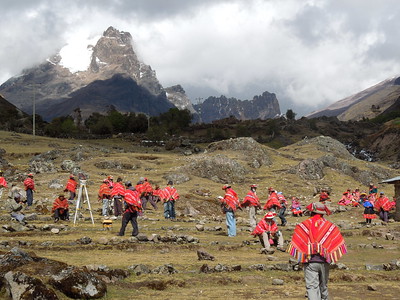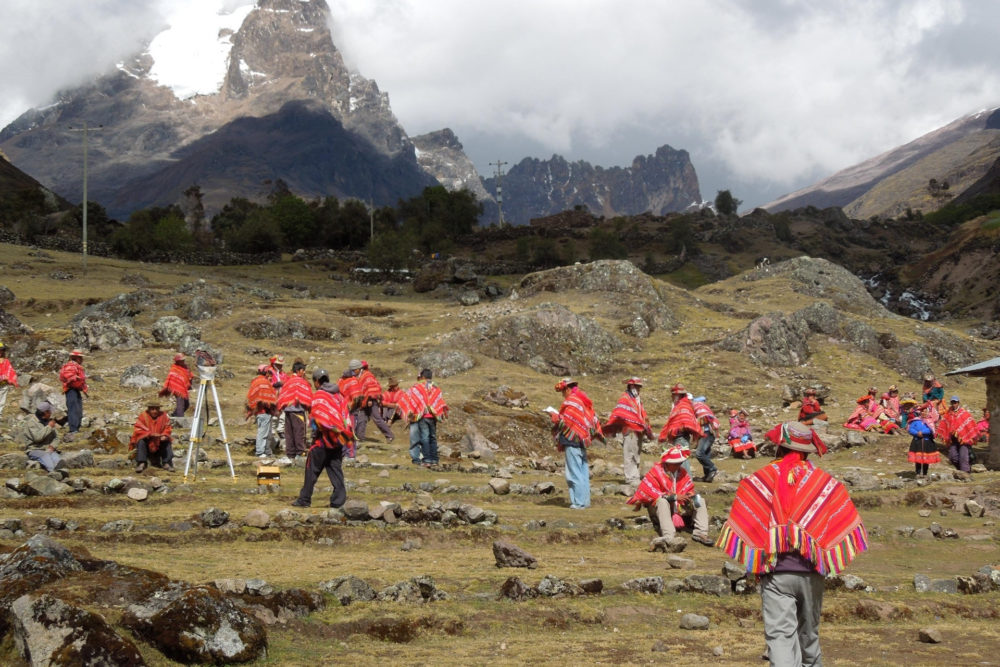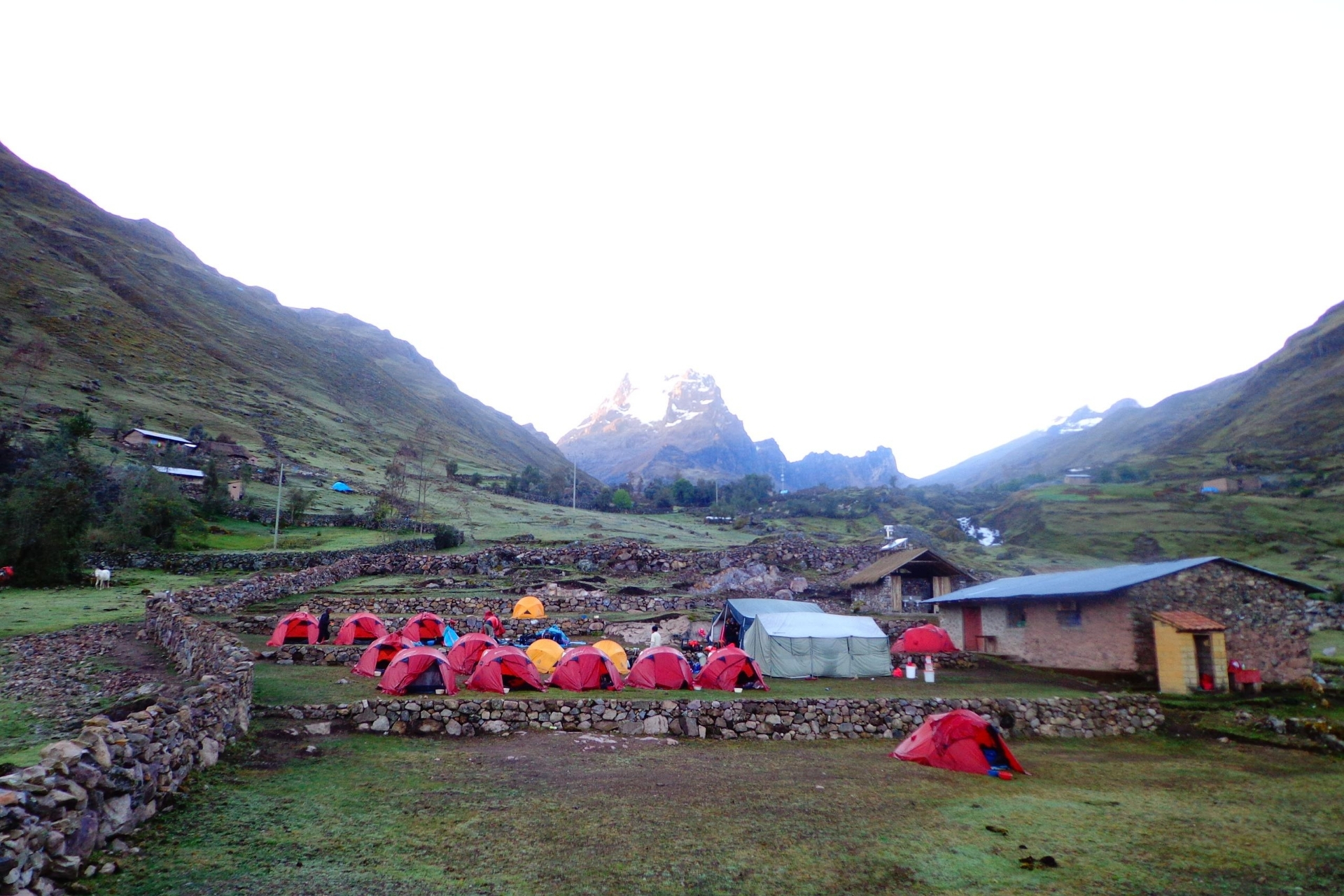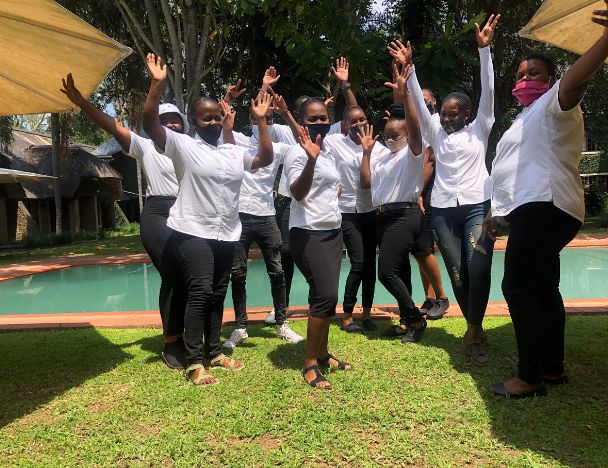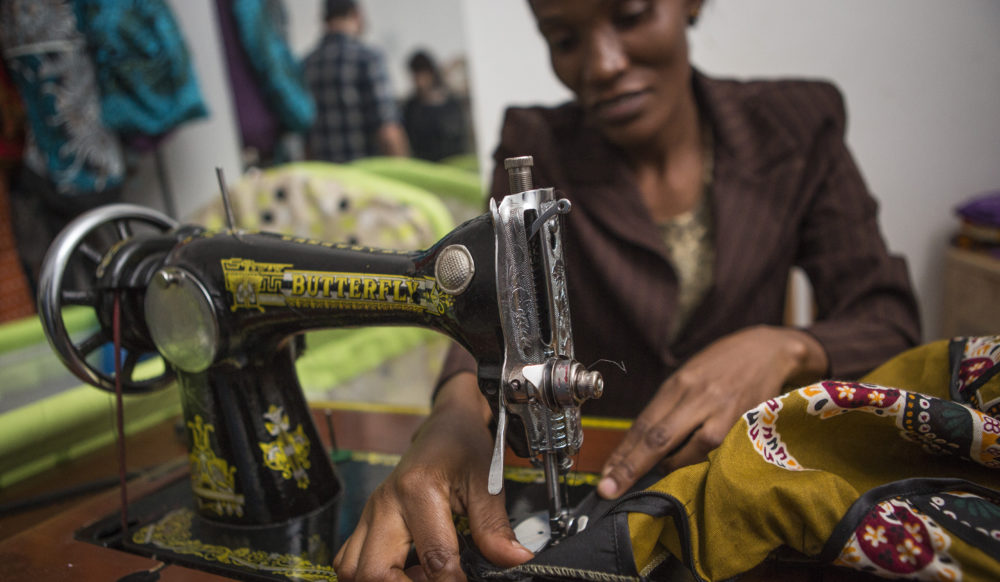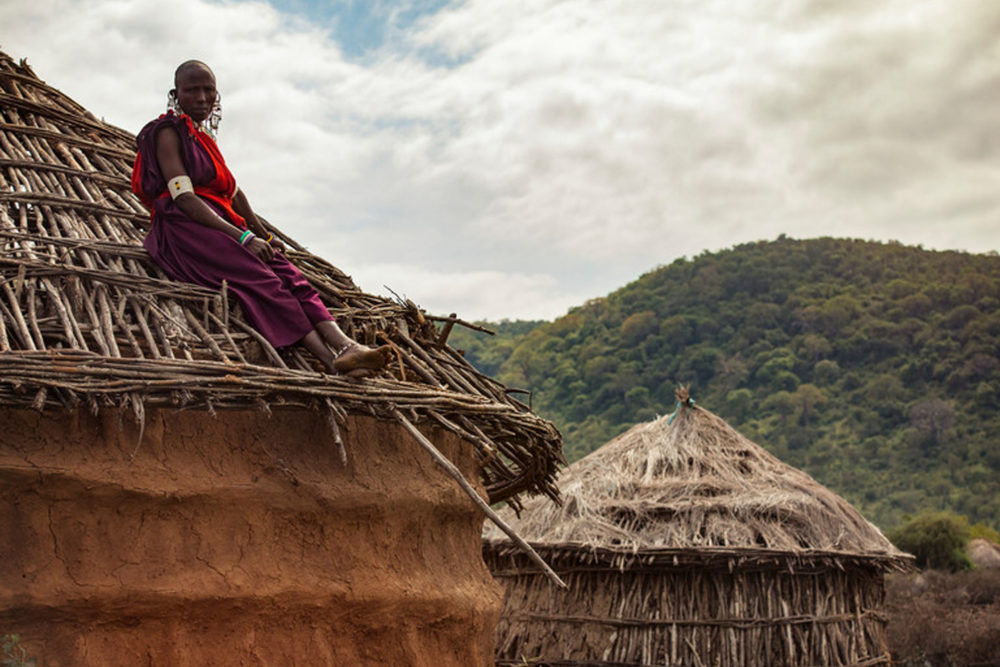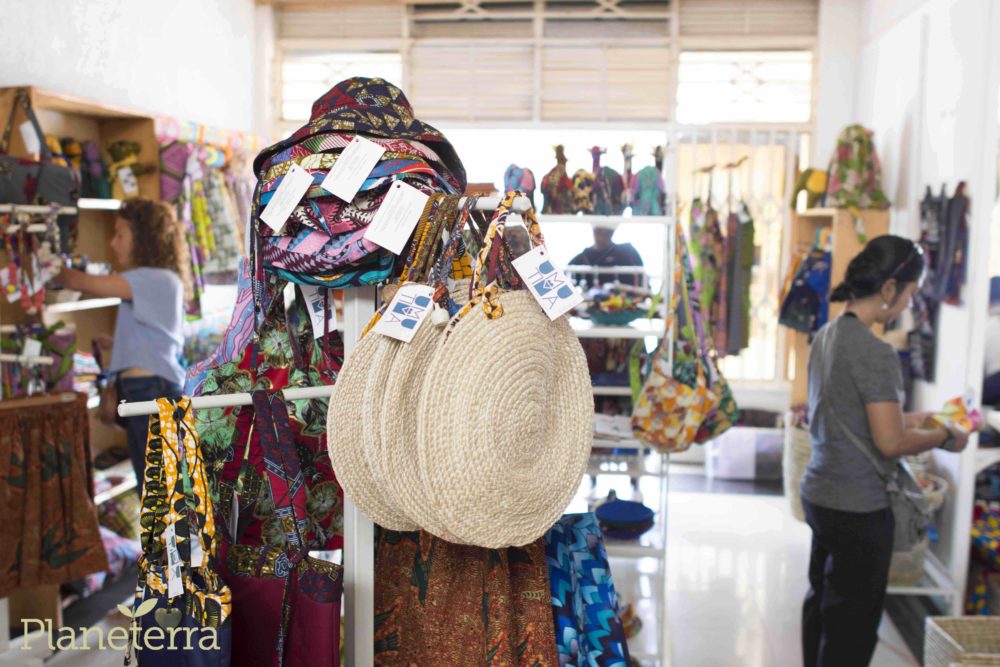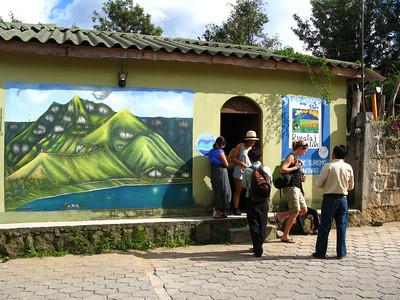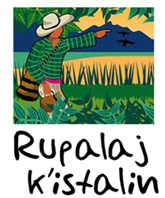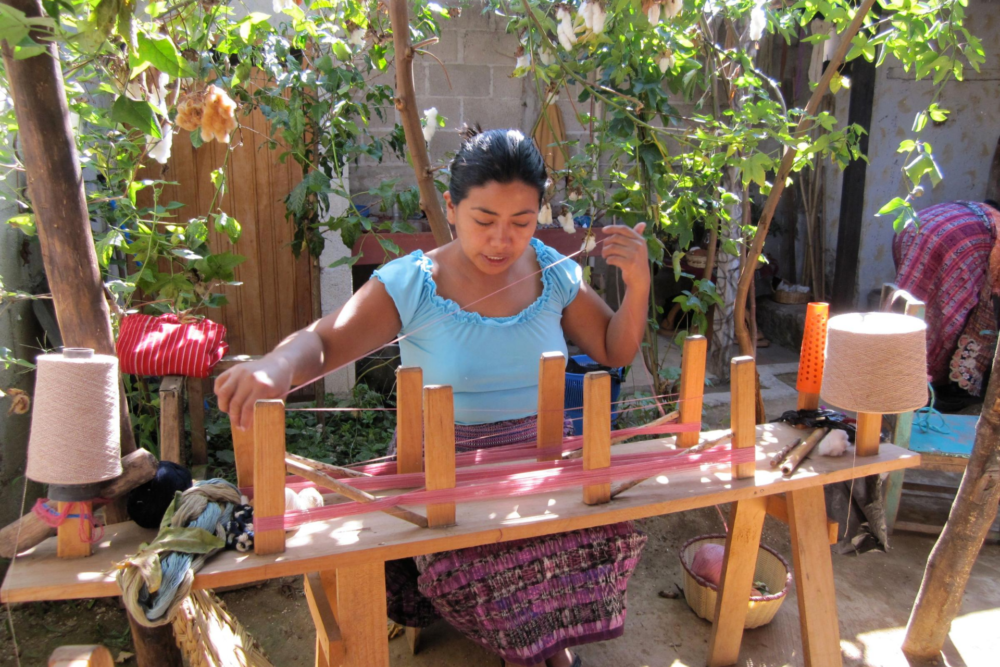Kirtipur Community Homestay
![]() Kirtipur, Nepal
Kirtipur, Nepal
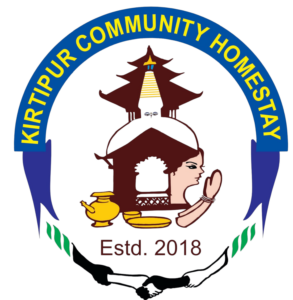
Impact
The Kirtipur Community Homestay, primarily led by Indigenous women with some men, offers travellers a unique opportunity to reside in the heart of Nepal’s Newari town across five homestays. This initiative extends far beyond mere hospitality; it’s about transformation. Women have discovered employment avenues and have played a vital role in preserving age-old culinary traditions of the Newari culture, revitalizing traditional clothing, and safeguarding the unique Newari script.
Inspired by these efforts, the youth of Kirtipur are embracing their cultural heritage and seeking to reconnect with their roots, particularly in culinary arts, recognizing the pivotal role food plays in local festivals and celebrations. They are also showing a renewed interest in learning their ancient Newari script.
An impressive 10% of the income generated from tourism activities is earmarked for a community fund. After covering expenses, this fund is equitably distributed among all community members, ensuring that the benefits of tourism enrich the lives of everyone.
Travellers seeking immersive cultural experiences have the opportunity to participate in a session on Ranjana Lippi (Calligraphy), an ancient Newari script. Beyond calligraphy, the community invites travellers to savour local cuisine, engage in momo making, and embark on captivating walking tours of Kirtipur.

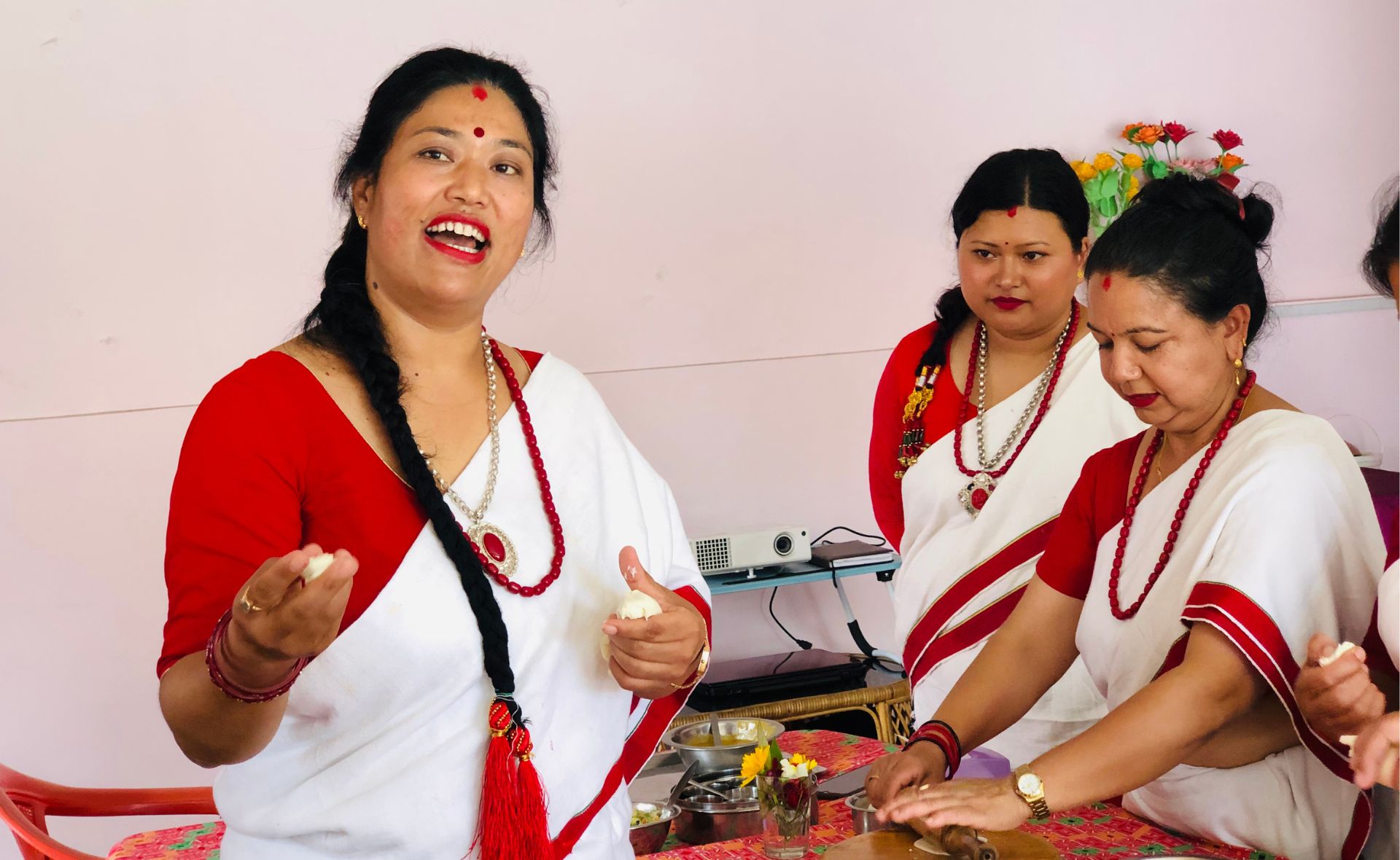
Critical Need
Nestled approximately 7 km southwest of Kathmandu, Kirtipur is an enchanting town that captivates travellers with its breathtaking views of the Kathmandu Valley and the Himalayas.
Historically, Kirtipur was primarily an agricultural community. However, with the loss of agricultural land, the need to create employment opportunities, particularly for women, became increasingly urgent. To address this, the community decided to venture into tourism, but initially, their visitors were primarily day-trippers from Kathmandu. These visitors would explore the Newari town during the day and then return to the city, leaving the local residents with limited benefits from tourism.
In response to these challenges, 27 community members underwent training from the Nepal Academy of Tourism and Hotel Management (NATHM) in 2019, leading to the establishment of 9 homestays, with 5 of them currently operational. In 2021, their skills were further honed through training and mentorship from the Community Homestay Network, enabling them to expand their offerings to travellers. This expansion includes unique experiences such as Ranjana Lippi (calligraphy), which enriches the cultural encounters available in Kirtipur.
Our Involvement
Planeterra played a pivotal role in supporting Kirtipur’s journey towards offering memorable and culturally rich experiences to travellers. Through a catalyst grant, we provided the means for the women to establish a momo demonstration activity and serve local Newari meals, ensuring the necessary equipment is readily available to welcome and host travellers professionally.
Moreover, the Planeterra team has conducted comprehensive training sessions, equipping the Kirtipur community with valuable hospitality skills. This not only enhances the quality of their offerings but also enables them to share their cultural heritage more effectively through storytelling. By focusing on delivering an exceptional meal experience, the community can create an outstanding overall impression for guests, further enriching their range of activities.
This partnership also opens the door for the Kirtipur community to integrate seamlessly into the value chain of one of our corporate partners, promising a brighter and more sustainable future.
